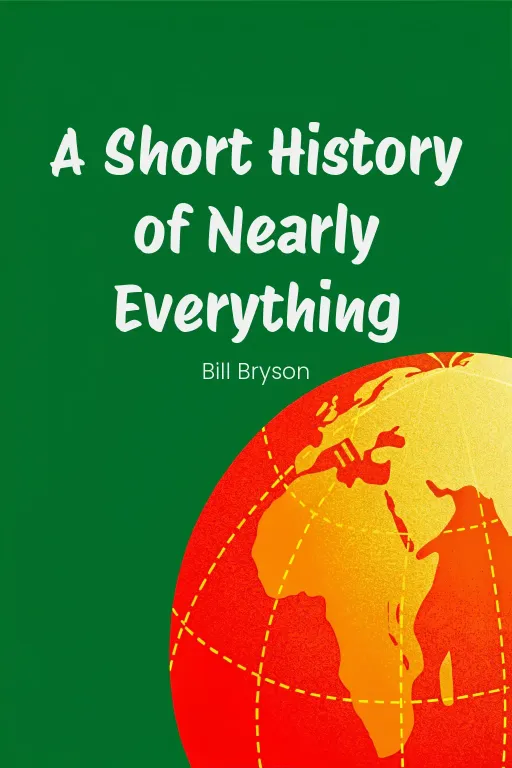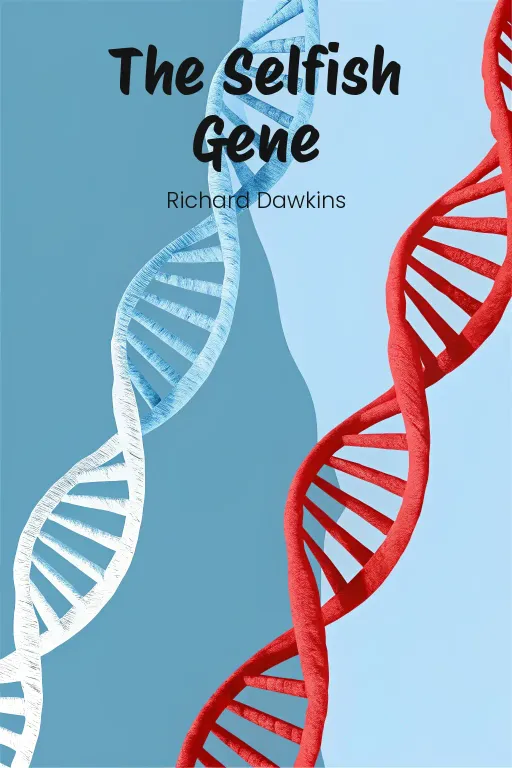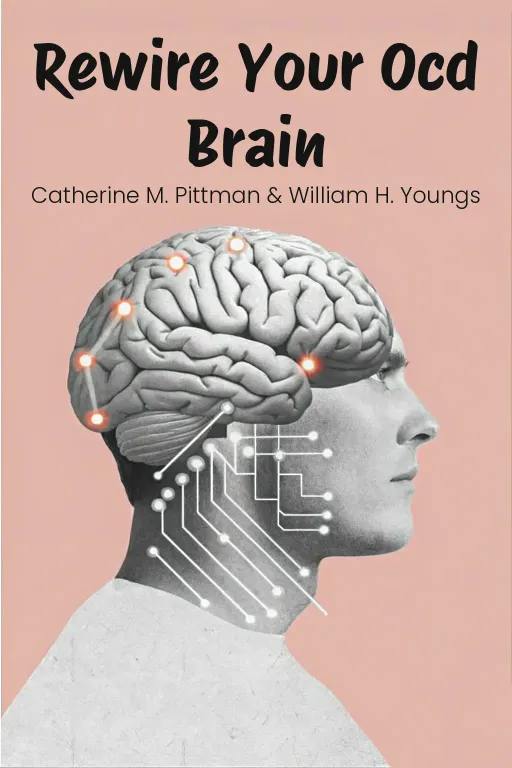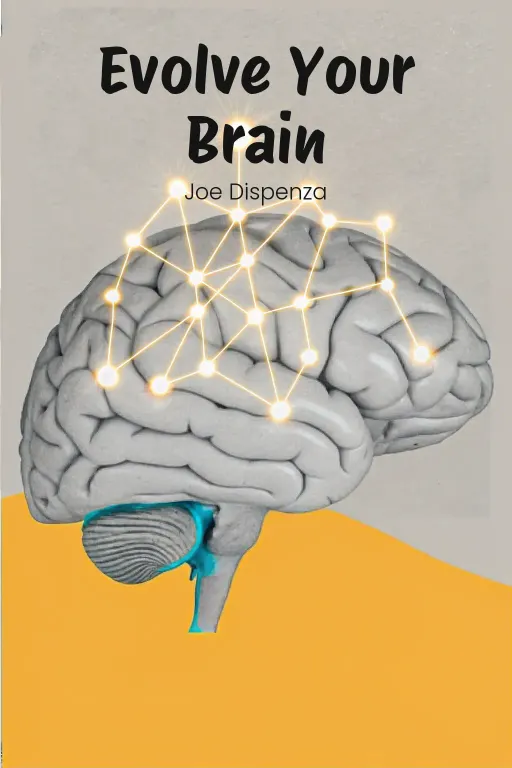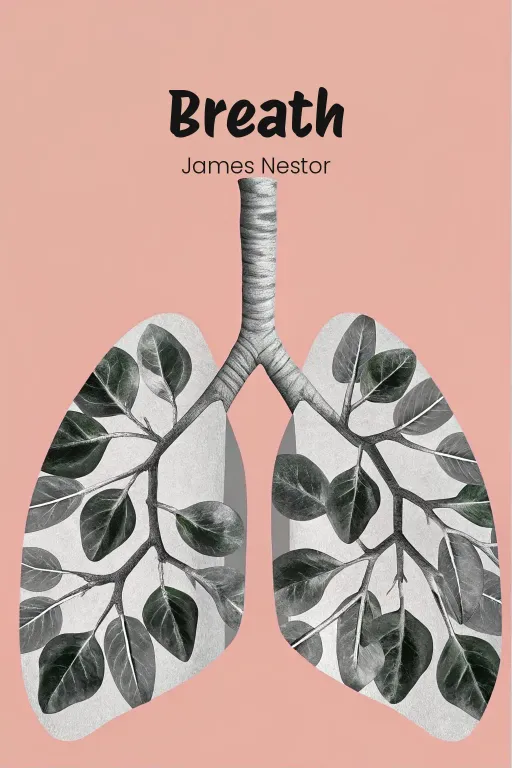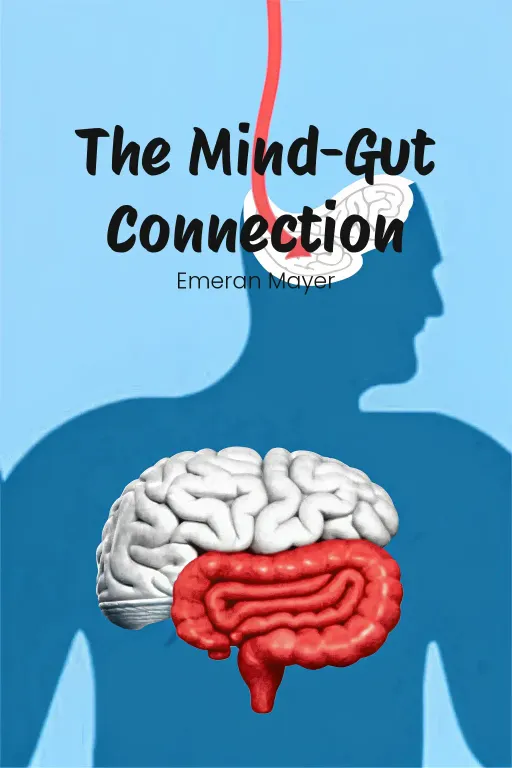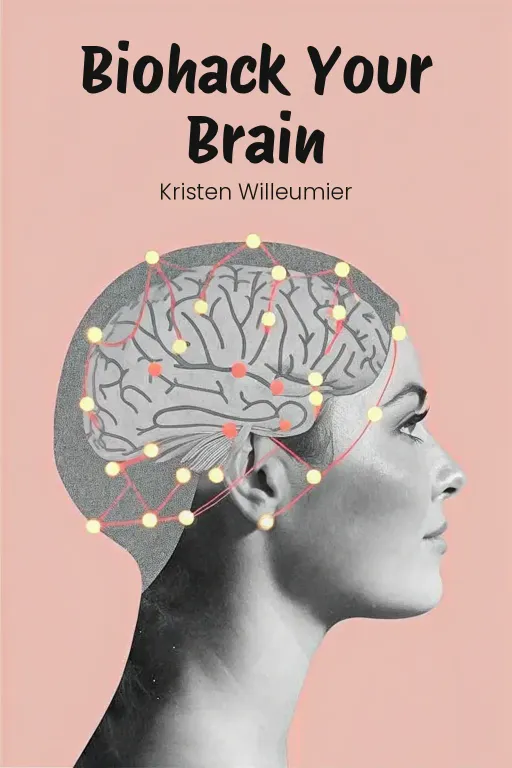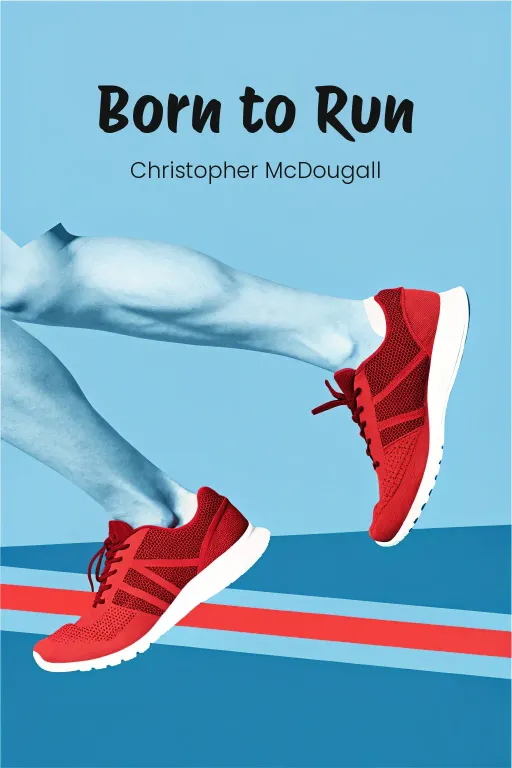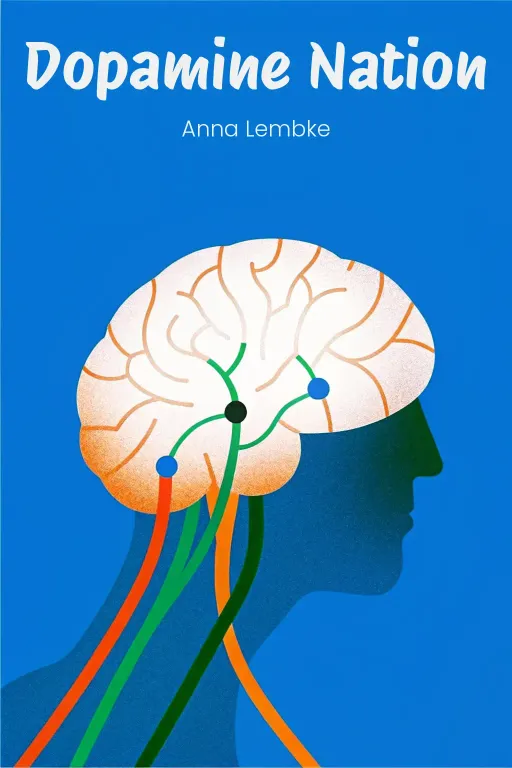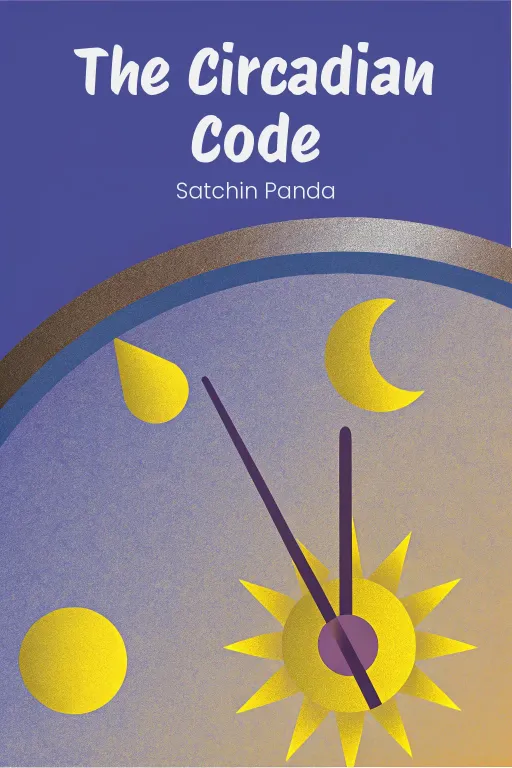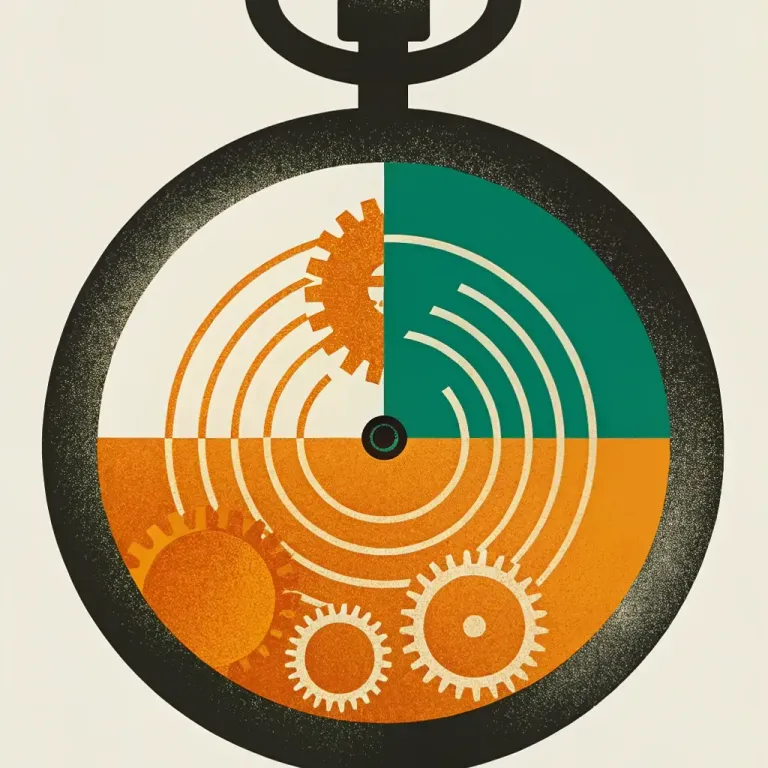
Reset Your Clock: Energy & Focus Unleashed
Podcast by Wired In with Josh and Drew
Lose Weight, Supercharge Your Energy, and Sleep Well Every Night
Reset Your Clock: Energy & Focus Unleashed
Part 1
Josh: Hey everyone, welcome back! Today we're diving deep into circadian rhythms – basically, your body's internal timekeeper. It's the thing that governs everything from when you feel hungry to when you feel sleepy. And believe it or not, Drew, a lot of us are living completely out of sync with it. Drew: Whoa, hold on. Are you suggesting my late-night work and gaming sessions are a biological disaster? Because that feels like a direct hit. Josh: Well, let’s just say those habits might be having a bigger impact than you realize. Someone who has spent years researching circadian rhythms is Satchin Panda, and he talks about this in his book, “The Circadian Code”. Modern life throws our internal clocks into chaos, with things like late meals, bright screens at night, and inconsistent sleep. And this can lead to a host of health issues, from weight gain to brain fog, and even more serious stuff like diabetes. Drew: Okay, okay, you've got my attention. So, is there a light at the end of the tunnel for us night owls, or are we doomed? Josh: Absolutely there is! Panda's not about radical changes. He offers really practical, science-backed tweaks you can make to realign with your natural rhythms. It's not just about better sleep; it's about boosting your energy, sharpening your focus, and potentially even living longer. Drew: I'm listening. So, what's on the agenda for today? Josh: We're tackling this in three parts. First, we'll get into the science of circadian rhythms – how they actually work and why they're so important. Then, we'll highlight some simple adjustments – things like meal timing and light exposure – that can help you get back in sync. And finally, we'll explore the amazing benefits these changes can have on your body and mind. Think of it like tuning an instrument, you know? Getting your body to perform as it was designed to. Drew: Alright, let's see if we can get ourselves in tune. I mean, who wouldn't want their body running like a well-oiled machine?
Understanding Circadian Rhythms
Part 2
Josh: So, let's dive right in. Circadian rhythms are basically your body's internal 24-hour clock. They control everything from sleep and digestion to hormone production and even your immune system. And the real boss here is the "master clock," located in the brain's suprachiasmatic nucleus, or SCN. Think of it like the conductor of an orchestra, keeping everything in harmony. Drew: So, my body's putting on a concert all day long? That explains why sometimes it feels like the drummer just walks off the stage, especially after lunch. Josh: That "post-lunch slump" is actually your body’s natural dip in alertness, all part of what your circadian clock is directing. And here’s the fascinating bit: this master clock relies on environmental cues, mainly light and darkness, to stay on schedule. Sunlight helps reset the clock during the day, suppressing melatonin, the sleep hormone, while boosting cortisol for energy. Drew: So, when I wake up feeling totally groggy, even after getting eight hours of sleep, it could be because I was mindlessly scrolling through my phone screen at night and messing with the signals? Josh: Precisely. The blue light from screens acts like daylight, tricking your SCN into thinking it's still daytime. This delays melatonin production, pushes back your sleep cycle, and really throws everything out of whack. Drew: Wow, hold on a second, this tiny gland in my brain has that much control over my energy and mood? That’s kind of mind-blowing, Josh. Josh: It is! And when you fight against your internal clock - staying up late, eating at odd hours, or sleeping in too long - your body's systems start operating out of sync. What happens? Digestive issues, energy crashes, brain fog, and even long-term health risks like type 2 diabetes or cardiovascular problems. Drew: Okay, but what if life throws you a curveball and demands you go offbeat? Take night-shift workers, for example. Their routines basically force them to break this natural alignment, right? Josh: Exactly, and that's one of the clearest examples of how circadian disruption takes a toll. Night-shift workers live in a permanent state of "social jetlag." You see, their bodies are wired to sleep when it's dark and be active when the sun's out, but their schedules demand the opposite. Research shows they face higher risks of metabolic disorders like insulin resistance and even heart disease. Drew: Yikes. So, their health is the price they pay for staying up all night under those fluorescent lights. That sounds… well, pretty unsustainable, to be honest. Josh: It really is. And check this out: a study on nurses working irregular shifts really highlighted how severe the effects are. Over time, these nurses were more likely to develop type 2 diabetes and show signs of cardiovascular strain. Their disrupted glucose metabolism was a direct result of misaligned sleep and meal timings. Drew: Makes you rethink those 3 a.m. coffee breaks, doesn't it? But Josh, if light exposure is such a big deal here, is there any way to use it to our advantage? Josh: Definitely! The best way to strengthen your circadian rhythm is with exposure to natural sunlight in the morning. There’s data showing that just getting that morning sunlight can boost alertness, productivity, and even sleep quality at night. I remember one fascinating study that looked at office workers. Those who sat near windows with lots of natural light reported sharper focus during the day and better sleep compared to those in darker, more artificially lit areas. Drew: So, just grabbing my morning coffee outside might knock two things off my to-do list – waking up my brain and syncing my internal clock? Josh: Exactly! On the other hand, artificial light—especially blue light near bedtime—has the opposite effect. It can delay melatonin by up to 23%, which means it takes you longer to fall asleep. And over time, that constant delay can lead to chronic fatigue, increased stress, and even mood disturbances like anxiety or depression. Drew: Alright, let me play devil's advocate here for a second. Most of us aren’t gonna ditch our nightly Netflix binging habit. So what happens to those of us who are, well, unwilling to give up screen time completely? Josh: That’s a fair question, Drew. If avoiding screens entirely feels impossible, even small tweaks can make a difference. Like, using blue-light-blocking glasses or turning on "night mode" on your devices can reduce some of the disruption. Pair that with dimmer lighting in the evenings and stopping screen use an hour before bed, and your body will get the message that it's time to wind down. Drew: Got it. So, this is about living like a monk in perpetual candlelight. It's more about minimizing the impact of modern habits on that all-important circadian rhythm. Josh: Precisely. It’s all about awareness and adaptation. When you understand how your natural cycles work, you can support them, whether it’s by sticking to regular mealtimes, soaking up that morning sunlight, or just being mindful about light exposure in the evenings. These little changes can really add up to big improvements in your health. Drew: Alright, so here's my takeaway: my body has a playlist, and when I screw up the rhythm, everything goes offbeat. But, a few small adjustments I can get back in sync. Come on, Josh, admit it, you’re just dying to say, "I told you so."
Practical Strategies for Circadian Alignment
Part 3
Josh: Okay, now that we've got the basics of circadian rhythms down, let's dive into some real-world strategies to get our lives in sync with them . We’re talking about actionable steps here, things you can actually do, and the real benefits you can expect . First up: Time-Restricted Eating, or TRE . Drew: Ah, the famous eating window . I assume this is a bit more than just avoiding late-night snacking? Josh: Definitely . Time-Restricted Eating is all about timing your food intake to match your body’s natural metabolic peaks, which happen during the day . Basically, you're eating within an 8 to 12-hour window, ideally starting in the morning and ending in the early evening . That's when your body is best equipped to digest food and absorb nutrients . Drew: So, if our metabolism runs on a schedule, is my late-night pizza kind of a betrayal? Is my body just, like, sighing and saying, "Fine, we'll deal with this ... eventually"? Josh: Pretty much! At night, your body is naturally in rest-and-repair mode . It’s not as efficient at breaking down food . Eating late can overload your metabolic system, potentially leading to weight gain and other health issues over time . Take Sarah, for example, a working mom who was constantly exhausted and stressed . She started eating only between 8 AM and 4 PM, cutting out all evening snacks . Within weeks, her energy levels shot up! Drew: Okay, an 8 to 4 eating window—sounds...intense . What’s the real science there? Do we all need to be that strict? Josh: Well, the exact timing can vary depending on your own needs and schedule, but the principle stays the same . Eat when your body’s metabolism is most active, which is mainly during daylight hours . One study actually showed that people who followed TRE, even with slightly different eating windows, saw improved glucose regulation, lower cholesterol, and weight loss compared to people who ate at all hours . Drew: Interesting . So, it’s not about being militant . I don't need alarms buzzing to tell when the window closes . But if I grab breakfast, say, at 10 AM and finish dinner by 7 PM, that’s still pretty aligned, right? Josh: Absolutely . Consistency is key . Even an 11-hour window like that can provide benefits as long as it’s consistent . Plus, it's not just physical health, people often report improved mental clarity and focus because the body is operating more efficiently . Drew: I'm into that focus benefit, because let’s be honest, the world is a giant distraction machine . Now, moving on from what we put into our bodies, let's talk about how we fuel it with light . I’m guessing morning light and evening light have dramatically different effects on our biological clocks? Josh: Exactly . Morning light is crucial for resetting your master clock . When sunlight hits your eyes, it signals the SCN to reduce melatonin – the sleep hormone – and increase cortisol, which makes you alert . Aligning with natural light boosts energy and even helps you fall asleep better at night . Drew: Okay, but let’s get practical . What are we talking about here? Just stepping outside with my coffee in the morning? Josh: Exactly! Even just 15 to 30 minutes outdoors in the morning, even on a cloudy day, can have a real impact on your circadian rhythm . Studies show morning light exposure helps workers feel sharper and improves their sleep . For example, office workers who were near natural light sources reported better focus during the day versus those in darker, artificially lit spaces . Drew: Right, sunlight in the morning done . What about those darker winter months when daylight is scarce? Many leave for work before sunrise and come home after sunset . Are there any cheat codes for that? Josh: Light therapy lamps can be a great help . They mimic natural daylight and are particularly effective during the winter or for people with Seasonal Affective Disorder . Using one for about 20 to 30 minutes in the morning can help keep you in sync, even without natural light . Drew: So, those lightboxes are actually useful! Now, morning sun is covered, but evenings present a different challenge since we're all glued to our screens . Josh: Absolutely, evening light is a major culprit in messing up our circadian rhythms . Especially blue light from phones, tablets, and other devices . It tricks your master clock into thinking it’s still daytime, suppressing melatonin and delaying your body's natural sleep transition . Drew: So, you're going to tell us to throw away our phones at night, aren't you? Because that's never going to happen . Josh: No need to be that drastic! Small changes can make a difference . Use blue light-blocking glasses or activate "Night Mode" settings after sunset . Ideally, step away from screens completely at least an hour before bedtime . These adjustments help signal your body that it’s time to wind down . Drew: Those are manageable! Night Mode it is . Maybe I can even experiment with candles occasionally, just to see how it feels to let my rhythms shift naturally . But before we finish up, we need to discuss the importance of consistency, especially when talking about sleep schedules . Josh: Exactly, regularity is key when it comes to sleep . Going to bed and waking up at the same time – even on the weekends – helps anchor your circadian rhythm . This minimizes social jetlag, which is the misalignment between your body clock and irregular schedules . It’s common in shift workers and people who drastically oversleep on weekends . Drew: Shift workers are a prime example of the consequences of inconsistency . Staying aligned must be an uphill battle for them . Josh: It is . Shift workers often face serious health risks like metabolic disorders or cardiovascular diseases because their schedules are so out of sync . Even for them, small adjustments like blocking light during the day to sleep and keeping consistent meal windows can make a difference . Drew: Okay, so my takeaway so far is this: whether it’s food, light, or sleep, it all boils down to consistency and respecting your body’s natural rhythms . It's like working with your biology instead of against it .
Broader Impacts on Health and Well-being
Part 4
Josh: By implementing these strategies, people can boost their health, sure, but also improve things like mental clarity and immune function. Which brings us to the broader impacts, and how they “really” tie into what we’ve been discussing. It's more than just avoiding diabetes or sleeping better—circadian health touches almost every aspect of well-being, from our mental state to how we handle diseases like cancer. Drew: Okay, so we're moving from the details of tweaking our body clocks to seeing the bigger picture, right? How these little changes affect all parts of our health? Josh: Exactly. The real value lies in how aligning with our circadian rhythms supports mental health, optimizes our immune system, helps prevent chronic diseases, and even improves outcomes for serious illnesses. First up, let's talk about mental health and cognitive function. Drew: That's a good place to start. I mean, mood swings, burnout, and brain fog seem to be everywhere these days. So, where do our circadian rhythms fit in all of this? Josh: They're “really” central to it. Our brains rely on circadian rhythms to regulate hormones and neurotransmitters, which, in turn, influence our mood and how we think. For example, serotonin and dopamine—those feel-good chemicals—are affected by when we’re exposed to light and when we sleep. If these rhythms get messed up, it can lead to things like depression, anxiety, or even neurodegenerative diseases like Alzheimer's. Drew: Hold on—so scrolling through my phone late at night not only screws up my sleep but also messes with my mood? No wonder I feel terrible after a late-night TikTok session. Josh: Precisely. Look at shift workers, for example. Studies show that constantly misaligning their circadian rhythms significantly increases their risk for mood disorders, mostly because their neurochemical rhythms are thrown off. And it’s not just emotions. Cognitive functions like memory, focus, and problem-solving also suffer. Drew: Okay, is there a way to fix this? Let's say I'm already dealing with brain fog or anxiety—is it too late to get back on track? Josh: Not at all. Light therapy, for example, is a “real” breakthrough. Researchers have found that for conditions like Seasonal Affective Disorder—SAD—getting bright light in the morning can be a game-changer. It boosts serotonin and helps anchor your sleep-wake cycles, which reduces those mood swings over time. Drew: That's interesting—and honestly, pretty encouraging. Just adjusting something as simple as morning light exposure could prevent or even treat something as serious as depression? Josh: Absolutely. It's a great example of how powerful these rhythms can be when you support them properly. Now, let's move on to the immune system. Drew: Ah, you have my attention. Let's be honest, nobody wants to get sick. How do circadian rhythms affect our immune health? Josh: Our immune system is actually synchronized with our biological clock. Immune cells and inflammatory responses follow a circadian pattern, which means their activity peaks and dips at certain times of the day. When you sleep at night, and your body's in repair mode, your immune cells ramp up to fight off potential infections. Drew: So, what happens when someone is constantly pulling all-nighters or eating at weird times? Are we talking about an immune system gone haywire? Josh: Pretty much. Chronic circadian disruption weakens immune responses and, over time, can create conditions where inflammation can take hold. And as we know, chronic inflammation can lead to serious issues, including cancer. Drew: Cancer? That's quite a leap. How does circadian alignment—or the lack thereof—play a role in something as big as cancer treatment? Josh: Well, researchers have found that timing cancer therapies, like chemotherapy, to align with the body's circadian clock can improve outcomes. Certain chemo drugs are more effective when given at specific times when cancer cells are most vulnerable, while also protecting healthy cells from damage. It’s called "circadian-informed therapy," and it tailors treatments to your biology. Drew: So, instead of a one-size-fits-all approach, we're talking about precision medicine—targeting cancer when it's weakest while keeping the rest of the body strong. Josh: Exactly. And beyond clinical treatments, simple lifestyle changes like time-restricted eating can boost your defenses. TRE reduces inflammation markers and enhances overall immunity. Studies show that aligning our meals with our natural rhythms creates an environment that's less favorable for chronic diseases, including cancer. Drew: Okay, this might be my favorite example so far. It shows how this scientific timing isn't just theoretical—it's being applied to real-life situations with huge implications. Josh: Absolutely. But there's another piece to this: stress. You can't talk about well-being without addressing how stress affects circadian health. Drew: Oh, stress? That’s basically everyone’s middle name these days. How does it mess with our internal rhythms? Josh: Well, when you're chronically stressed, your cortisol levels—the stress hormone—can stay elevated for too long. Cortisol is supposed to spike in the morning to help you wake up and dip at night so you can rest. Prolonged stress disrupts this cycle, which throws off your sleep and energy levels. Drew: So, it’s a vicious cycle. Stress messes with sleep, poor sleep leads to more stress, and you’re trapped in this endless loop. Josh: Exactly. But mindfulness practices like meditation can be incredibly effective for breaking that cycle. Regular mindfulness reduces cortisol levels and helps realign those rhythms. Over time, this allows the body to recover and find balance again. Drew: That makes sense. It’s like training your internal systems to hit pause and reset, instead of spiraling further. But Josh, let me guess: without consistent daily effort, these benefits won’t last? Josh: Correct. As we've said before, consistency is key. Whether it's managing stress, adjusting your eating patterns, or getting the right light exposure, supporting your circadian rhythm requires building habits that align with your biology. Drew: Alright, here's my takeaway. By fine-tuning these daily rhythms—not obsessively, but consistently—we're building a foundation for resilience, immune strength, mental clarity, and even handling serious diseases. Essentially, we’re giving ourselves an advantage by working smarter, biologically speaking.
Conclusion
Part 5
Josh: So, today we’ve really dug into how deeply circadian rhythms impact everything… sleep, metabolism, even our mental sharpness and how we deal with diseases. The core idea is pretty straightforward: syncing your daily routine with your body’s natural clock can have amazing benefits. Think time-restricted eating, managing your light exposure, or just keeping a regular sleep schedule. Drew: Right, it's basically about cooperating with your biology, instead of fighting it. Little, consistent tweaks… like catching some sun in the morning or eating meals at the same time each day… might seem minor, but they can lead to huge improvements in your energy levels, focus, and overall health in the long run. Josh: Exactly! Your body loves a good rhythm. So pick one thing you can do to support it, build on that, and see how these little changes add up to big improvements in how you feel. It’s not about being perfect, it’s about making progress and staying consistent. Drew: Okay, so here’s what I want listeners to do: take a good look at your daily habits. What’s one little thing you can change today to better sync with your circadian rhythm? Maybe it’s going to bed a bit earlier, ditching the screens before sleep, or having your coffee outside in the sun. Start small. Your internal clock is already working for you… now it’s your turn to team up with it. Josh: When you get the rhythm right, you “really” can live a healthier, sharper, and stronger life, every single day. Let’s keep building lives that are in harmony with how we're naturally designed to function. Until next time, take care, and stay in sync!
